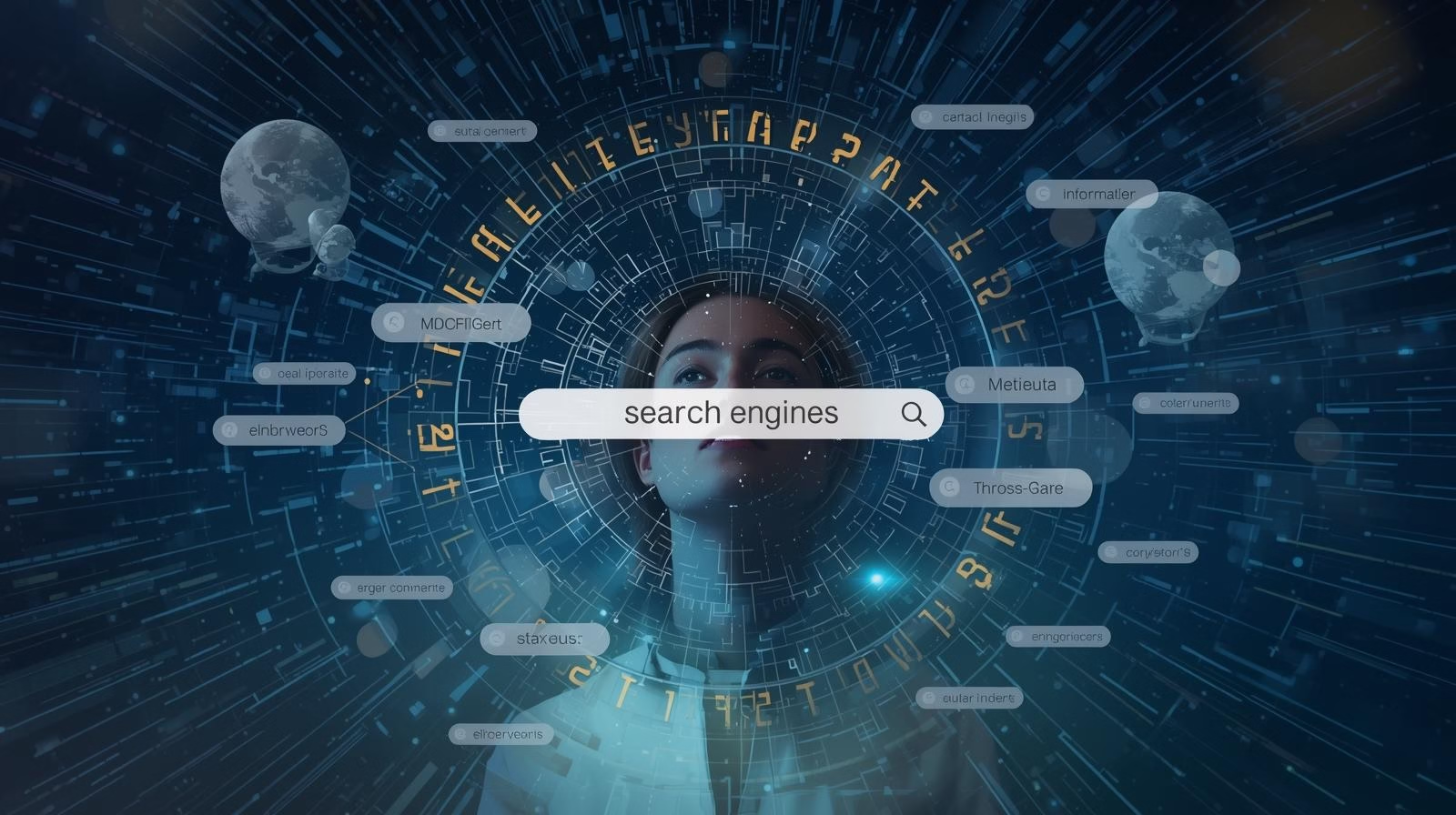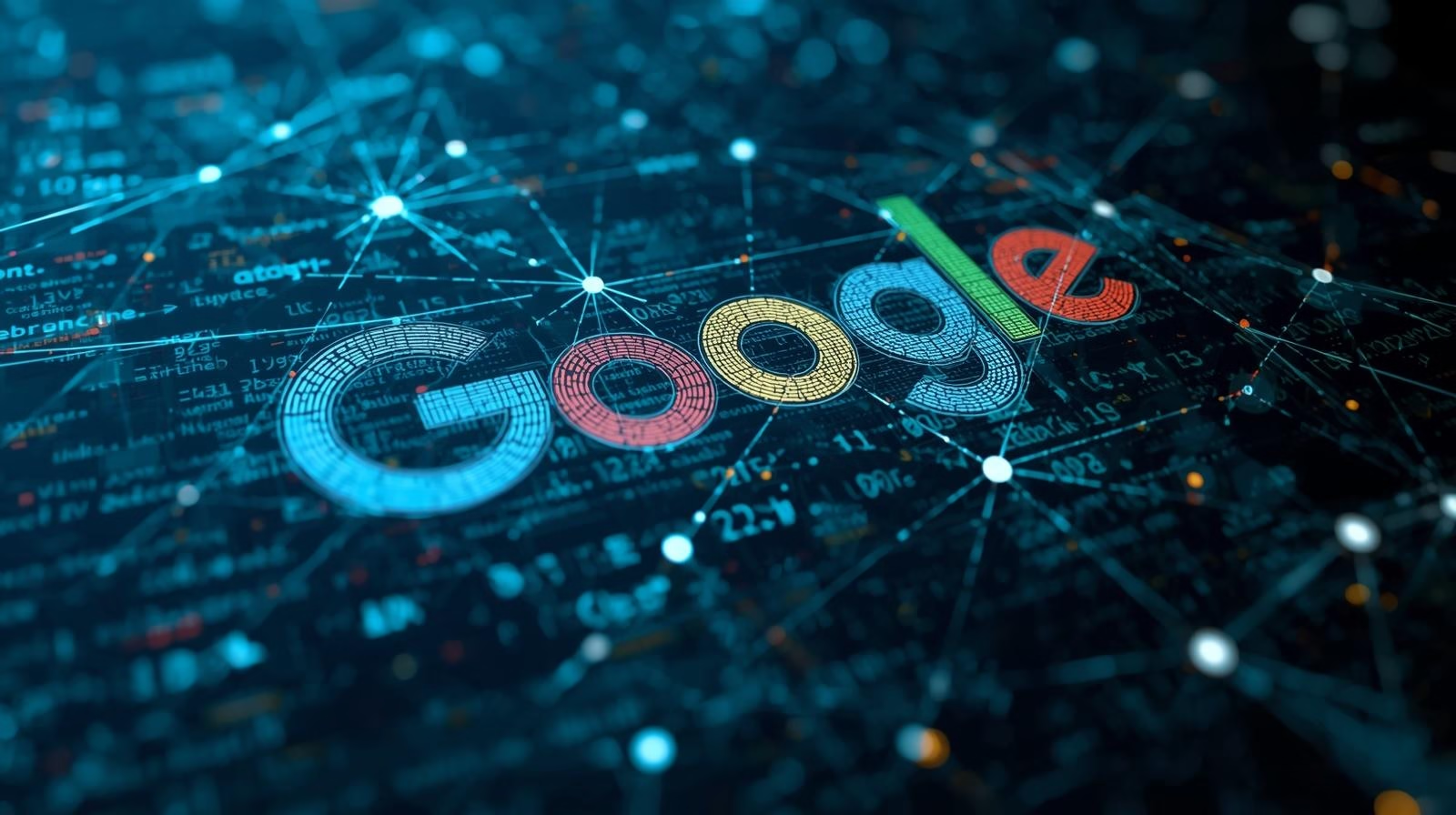Search engines are a fundamental part of our daily digital lives. Whether we’re looking for a nearby restaurant, researching a new product, or trying to solve a problem, we turn to Google, Bing, or other search engines for answers. But have you ever stopped to ask: What is the primary goal of a search engine?
The short answer: the main goal of a search engine is to provide the most relevant, accurate, and useful results to a user’s query in the fastest possible way.
This article explores how search engines achieve that goal, why it matters for both users and businesses, and what it means for SEO (Search Engine Optimization).
Understanding Search Engines
A search engine is essentially an online tool designed to index billions of web pages, analyze their content, and deliver the best possible answers to users’ queries. While the technology behind search engines is incredibly complex, their purpose can be simplified into three main functions:
- Crawl – Discover content across the internet using automated bots (often called spiders).
- Index – Organize and store that content in massive databases.
- Rank – Display the most relevant pages to users in order of quality and relevance.
Behind these functions lies a clear mission: to satisfy the user.
The Primary Goal of a Search Engine
The core objective of every search engine can be summed up in one phrase:
Deliver the right information to the right person at the right time.
Search engines want to:
- Understand intent – What does the user actually mean by their query?
- Deliver relevance – Which web pages best match that intent?
- Provide quality – Is the source trustworthy, accurate, and helpful?
- Enhance experience – Can the user get the answer quickly, easily, and without frustration?
This focus on user satisfaction explains why search engines dominate how we find information online. If they consistently fail to provide helpful answers, users will stop trusting and using them.
How Search Engines Achieve Their Goal
To meet their goal of delivering the best results, search engines rely on a mix of technology, algorithms, and user signals.
1. Relevance of Results
Search engines analyze keywords, context, and user behavior to determine which pages are most relevant. For example:
- A search for “best coffee shops near me” will show local listings, not a blog about coffee history.
- A query like “buy iPhone 15 online” will prioritize e-commerce results, not news articles.
2. Authority and Trustworthiness
Search engines prioritize authoritative sources. This is why government websites, universities, and established media outlets often rank higher than newer or less credible sites.
Authority is measured through factors like:
- Backlinks from other trustworthy websites
- Consistency of information across the web
- Expertise of the content creator
3. User Experience
The goal isn’t just to show information but to ensure it’s easy to consume. Search engines consider:
- Page speed
- Mobile-friendliness
- Readability
- Safe browsing (no malware, spam, or harmful content)
4. Personalization
Search results aren’t the same for everyone. Search engines tailor results based on:
- Location (a search in New York vs. Los Angeles produces different results)
- Search history
- Device (mobile vs. desktop)
This ensures users see results most relevant to their specific situation.
5. Continuous Improvement
Search engines like Google update their algorithms thousands of times a year. Each update is designed to better understand intent, reduce spam, and deliver results closer to what users want.
Why the Goal of Search Engines Matters for SEO
For businesses and marketers, understanding the primary goal of search engines is crucial. If your website doesn’t align with the search engine’s mission, it won’t rank well.
SEO in Alignment with Search Engines
Search Engine Optimization (SEO) is about optimizing your website so search engines see it as relevant, authoritative, and user-friendly.
If you want to rank higher, your SEO strategy must support the same goals search engines pursue:
- Satisfy user intent – Write content that answers real questions and solves real problems.
- Be trustworthy – Build authority through backlinks, reviews, and consistent branding.
- Offer great user experience – Make your site fast, mobile-friendly, and easy to navigate.
- Stay up-to-date – Keep content fresh, accurate, and reflective of current trends.
By aligning with search engines’ goals, you make it easier for them to “choose” your site as the best result.
Secondary Goals of Search Engines
While relevance and user satisfaction are the top priorities, search engines also have other important goals:
- Monetization
Search engines are businesses. Google, for example, earns billions annually from paid ads. While ads are displayed separately from organic results, providing excellent search experiences ensures users keep coming back creating more ad revenue opportunities. - Expanding Capabilities
Search engines now integrate maps, shopping, flights, hotel bookings, and even AI-powered summaries. Their goal is to become a one-stop solution for users. - Promoting Safety
Search engines prioritize secure websites (HTTPS), penalize spammy practices, and flag harmful or misleading content to protect users.
Examples of Search Engine Goals in Action
- Google’s Helpful Content Update – Focuses on rewarding websites that create content for people, not just for search engines.
- Mobile-First Indexing – Google prioritizes mobile versions of websites because most users now search on smartphones.
- AI Search Features – Tools like Google’s Search Generative Experience (SGE) aim to provide even more direct, accurate answers to user queries.
Each of these updates reflects the same goal: improving the user’s search experience.
The Future of Search Engines
With the rise of AI search, voice assistants, and personalized results, search engines will only get smarter. But the goal won’t change. Whether through AI-generated answers, voice results, or virtual assistants, search engines will always aim to:
- Understand user intent faster
- Provide more relevant and accurate results
- Make the search experience seamless
For businesses, this means SEO will evolve, but the principle stays the same: put the user first.
Final Thoughts
So, what is the primary goal of a search engine?
To deliver the most relevant, accurate, and user-friendly information to a query as quickly as possible.
Everything search engines do indexing, ranking, algorithm updates, personalization is designed to fulfill this mission. For marketers, website owners, and content creators, the lesson is clear: if you focus on creating valuable, trustworthy, and user-centric content, you’ll align with search engines’ goals and improve your chances of ranking higher.
✅ Key takeaway: The secret to SEO success is simple help search engines achieve their goal of helping users.



